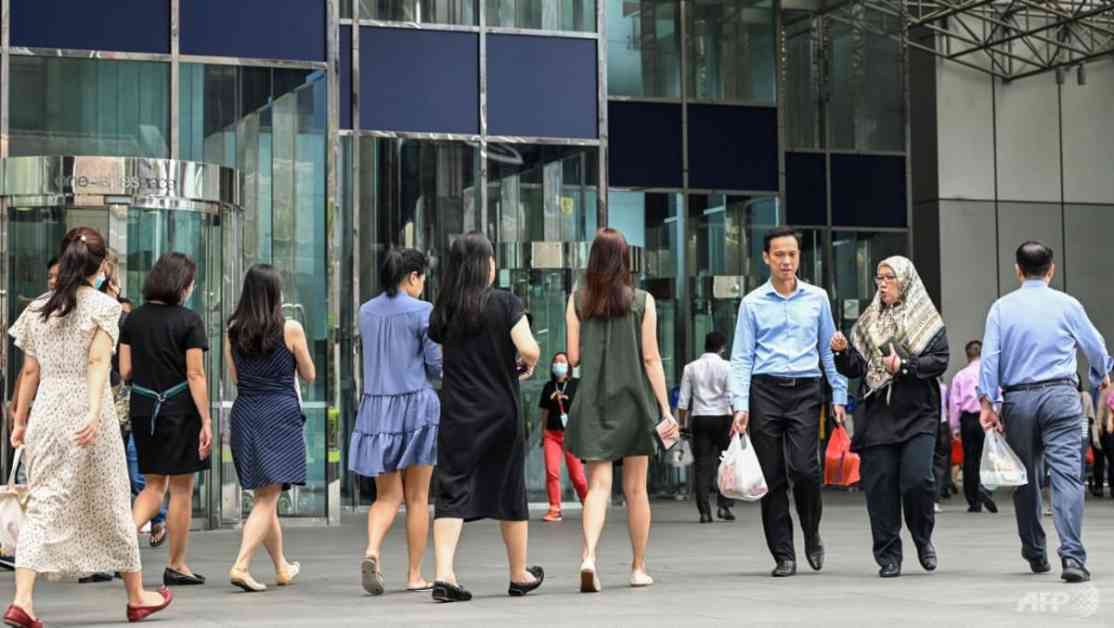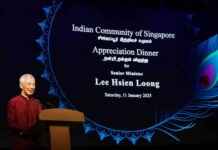Singapore Passes Groundbreaking Anti-Discrimination Bill for Workers
Singapore has taken a monumental step towards protecting workers against discrimination by passing the Workplace Fairness Bill. This legislation, which covers “protected characteristics” listed in the bill such as age, nationality, race, and gender, aims to address discrimination in the workplace. The passing of this bill comes after extensive debate and calls for more groups of workers to be included in the protection.
MPs Raise Concerns and Suggestions for the Bill
During the parliamentary debate, Members of Parliament (MPs) unanimously supported the Workplace Fairness Bill but raised questions about its coverage. Some MPs expressed concerns about gaps in the legislation, suggesting ways to improve its implementation. Manpower Minister Tan See Leng assured MPs that this bill is just the beginning and that further steps will be taken based on the feedback and cases received.
Exclusion of LGBT Community Sparks Debate
One of the key points of contention during the debate was the exclusion of discrimination based on sexual orientation and gender identity in the bill. MPs like Louis Ng and Usha Chandradas raised concerns about the impact this exclusion could have on the LGBT community. They questioned whether this omission sends a message that discrimination against the LGBT community is acceptable in the workplace.
Addressing Ageism and Discrimination by Association
Aside from the exclusion of the LGBT community, MPs also highlighted the need to address ageism and discrimination by association in the bill. Dr. Tan acknowledged the importance of combating age discrimination and changing perceptions towards senior workers. He also explained why discrimination by association, such as being discriminated against due to one’s connection to someone, was not included in the legislation.
In conclusion, while the Workplace Fairness Act represents a significant milestone in protecting workers against discrimination, there are still areas that need to be addressed. The debate surrounding the exclusion of the LGBT community, ageism, and discrimination by association highlights the complexities of drafting legislation that seeks to protect all workers. As Singapore moves forward with implementing this bill in the coming years, it will be crucial to consider these various perspectives and ensure that all workers are treated fairly and equitably in the workplace.


























